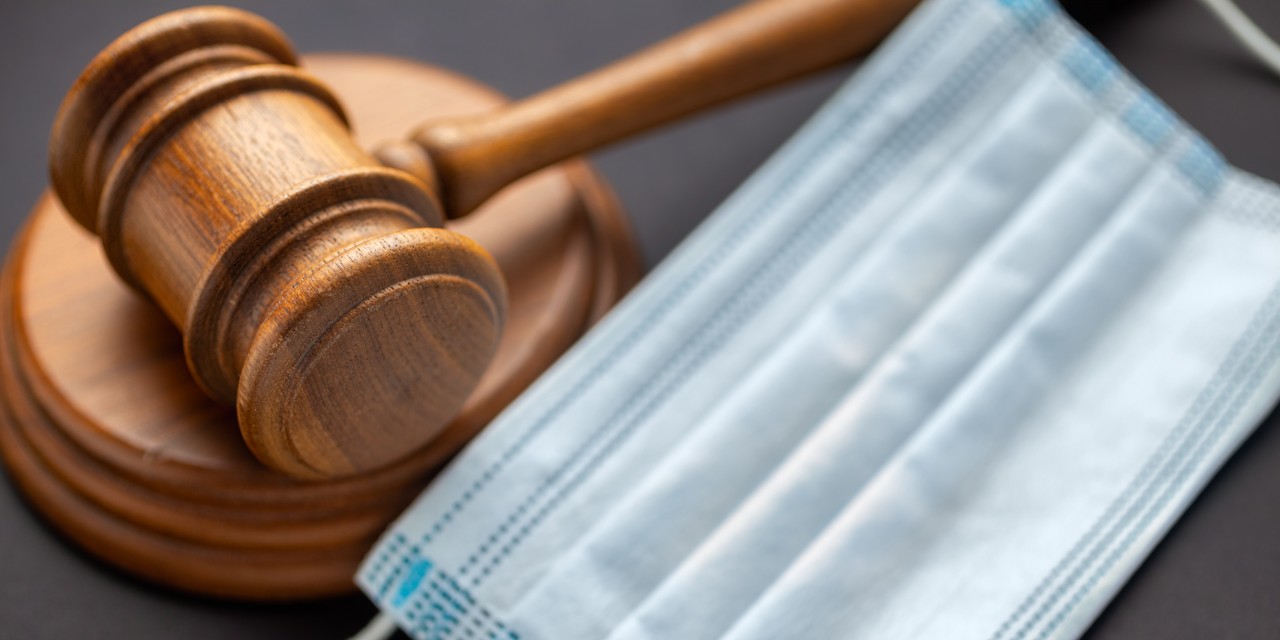Understanding and Protecting the Defendant’s Right to Confront Witnesses in the COVID-19 Era

Nothing has been untouched by the COVID-19 pandemic, including the judicial system. While court closures and trial delays were initial necessary measures, they could only be temporary. The crucial work of the courts, especially in the criminal context, must resume, even as the pandemic remains.
As courts across Pennsylvania and the country prepare to resume in-person proceedings, including criminal trials, they must balance the risks of COVID-19 transmission with ensuring that judicial proceedings protect all parties’ rights, including those of the accused. While safety measures like masks and the use of remote technology platforms offer viable solutions for civil hearings and trials, they pose concerns about criminal defendants’ right to confront witnesses against them, enshrined in the Confrontation Clauses of the U.S. and state constitutions.
I recently examined this challenge for the courts (and defense attorneys) in the September 2020 edition of the Pennsylvania Association of Criminal Defense Lawyers’ (PACDL) For the Defense magazine. You can view my full analysis here: "Confronting the New Reality: Protecting Your Client’s Rights to Confront Witnesses During the COVID-19 Era." Below are some important takeaways for defense counsel as they advocate for their clients’ confrontation rights during reopening:
- In Pennsylvania and similar states where the state confrontation right is identical to the federal, in-person confrontation (i.e., defendant and witness in the same room) is not always required.
- When challenging proposed testimonial arrangements, practitioners should focus on the practical impact of the proposal on the ability of the defendant and jury to observe and interpret/understand the witness’s demeanor, which is a key component of the substantive confrontation right.
- Consider asking the court to specify or restrict the type of mask that can be worn by a witness to one that covers only the mouth and nose or is more close-fitting so that facial expressions are (more) visible. It is important to note that courts may permit or even require witnesses to testify wearing a clear face shield rather than a mask. If they are permitted, counsel should ask the court to mandate their use by witnesses.
- Consider asking courts to place clear plexiglass barriers around the witness stand, which would permit the witness to testify without a mask and enable unimpeded observation of the witness’s facial expressions and demeanor.
- Consider the implications of successfully barring masked witnesses – there is potential for a significant delay and some research suggests that permitting masked witnesses may work to the defendant’s advantage with jurors by combating credibility assumptions about government witnesses.
- Consider if live, two-way video conference testimony is viable, or if it is more beneficial for your client to force the government to use recorded deposition testimony to make its case.

